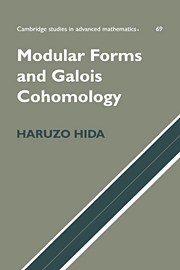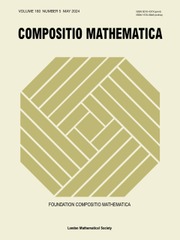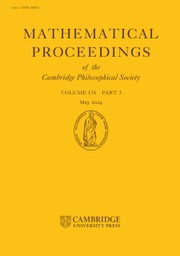Modular Forms and Galois Cohomology
This book provides a comprehensive account of a key (and perhaps the most important) theory upon which the Taylor–Wiles proof of Fermat's last theorem is based. The book begins with an overview of the theory of automorphic forms on linear algebraic groups and then covers the basic theory and results on elliptic modular forms, including a substantial simplification of the Taylor–Wiles proof by Fujiwara and Diamond. It contains a detailed exposition of the representation theory of profinite groups (including deformation theory), as well as the Euler characteristic formulas of Galois cohomology groups. The final chapter presents a proof of a non-abelian class number formula and includes several new results from the author. The book will be of interest to graduate students and researchers in number theory (including algebraic and analytic number theorists) and arithmetic algebraic geometry.
- A comprehensive account of recent developments in arithmetic theory of modular forms on which Wiles' proof of Fermat's last theorem is based
- Gives a full (elementary) proof of the Euler characteristic formula of Galois cohomology
- Includes a detailed exposition of representation theory of profinite groups (including deformation theory)
Product details
August 2000Hardback
9780521770361
356 pages
236 × 158 × 28 mm
0.678kg
2 tables
Available
Table of Contents
- Preface
- 1. Overview of modular forms
- 2. Representations of a group
- 3. Representations and modular forms
- 4. Galois cohomology
- 5. Modular L-values and Selmer groups
- Bibliography
- Subject index
- List of statements
- List of symbols.








